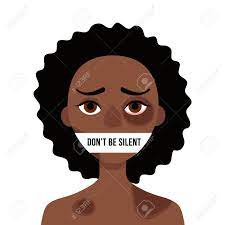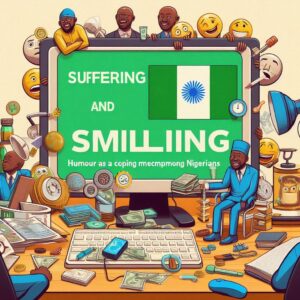
We are not who we think we are.
We are not who they think we are.
We are who we think they think we are.
Michael A. Greco
Have you ever wondered what your life would be like if you were born into a different family? Different country? Or even a different century. Would you still be you? Who are you in the first instance? Yes, you`re the human reading this blog post, but what defines you as you? You could mention your name, your nationality, your hometown, and your qualifications, but that`s not enough. Chances are that there are multiple people with the same characteristics that you think are the distinguishing features.
Okay, now you`re thinking, but they don’t think the way I do; they don’t have similar values, tastes, and preferences as I do. And here comes my question, how did you come up with those values and preferences?
We are a reflection of the social influences in our lives. Directly or indirectly.
Our upbringing shapes us, our interactions mold us, and our exposure to different cultures and societies helps build our perspectives. If you were born into a different family, let’s say your parents were the wild Thornberry`s, you`d probably be a nature freak with a strong sense of adventure and an eagerness to explore the world around you. On the contrary, being raised in a family like the royal family, where conformity and tradition are paramount, may have influenced you to adopt a more conservative approach to life. However, it is worth noting that rebellion against these rigid expectations, much like Prince Harry’s departure from the royal protocols, is another likely outcome.
In my personal experience, growing up in a family where my parents did not have the opportunity to pursue a university degree until much later in life, obtaining a higher education was a significant goal for me and my siblings. Witnessing the immense value they placed on education made us deeply committed to seizing the opportunity that was presented to us. The environment we grow up in also profoundly impacts our personal development. Specifically, the country we are raised in introduces us to distinct traditions, customs, and societal norms, which greatly shape our values, beliefs, and overall sense of identity. Take Nigeria, for example, a country that grapples with limited resources but possesses a strong collectivist culture with an emphasis on social welfare through philanthropy. Growing up in such an environment gives a unique perspective on success and influences the aspirations and definitions of success for Nigerians. In Nigeria, success is not solely measured by personal accomplishments, but rather by how well one can provide for those around them.
But beyond these influences, we are also influenced by how we think people perceive us. We tend to conform to other people`s images of us or desperately try to defy them. Social influences on our identity are like wearing a pair of glasses with lenses that change depending on who’s around us. When we’re alone, we may see ourselves through our own clear lenses, but when we’re with others, the lenses start to tint based on their opinions and expectations. Imagine you put on a pair of glasses every morning before you interact with others. As you meet different people throughout the day, the lenses might tint blue, green, or red, altering how you view yourself. For instance, when you are with friends who find you funny, the lenses might turn a cheerful yellow, and you start seeing yourself as a comedian (this happens to me when I’m talking with my sister, who laughs at all my bad jokes). If you’re at work and your boss sees you as a go-getter, the lenses might be a motivated shade of purple, and you see yourself as ambitious.
But sometimes, you encounter stereotypes, and those lenses are like a harsh, distorting filter. You might try to avoid those colors, not wanting to see yourself through a lens that feels inaccurate or limiting. Ultimately, you’re not just who you think you are (clear lenses) or who others think you are (their lenses’ colors), but who you think others think you are (the color you believe the lenses turn when others are around). And sometimes, you might be desperately trying to remove lenses that represent stereotypes you don’t want to be associated with, all to find the truest color that represents who you really are.
While we are often encouraged to embrace our true, authentic selves and celebrate our individuality, I would argue that even our authentic selves are not entirely authentic. This may seem contradictory at first, but upon closer examination, we see that our perception of authenticity is shaped by various external factors, such as societal norms, cultural influences, and personal experiences. Society inherently shapes our understanding of ourselves, and we are constantly grappling with the notion of how we are perceived by others. Whether we consciously or subconsciously conform to stereotypes or actively resist them, our self-perception is inseparable from the perceptions of others. Moreover, even when we strive to be true to ourselves, we must recognize that our authentic self is a blend of our experiences, beliefs, and interactions. Authenticity is a fluid concept that evolves as we navigate through life, constantly influenced by our surroundings and the people around us.




A worthy piece as usual.
I always look forward to fridays now
Thank you 🙂
Wonderful piece and very true. Today someone sent me a reel and said this aptly describes me. Though some aspect of the price is true but I guess that’s the way I project myself to her. We are truly a reflection of several factors.
I`m glad to know that you can relate 🙂
While reading through this beautiful and well articulated piece, this extract caught my attention “Our upbringing shapes us, our interactions mold us, and our exposure to different cultures and societies helps build our perspectives” .
No truer word than this.Nice One
Thank you for your kind comments 🙂